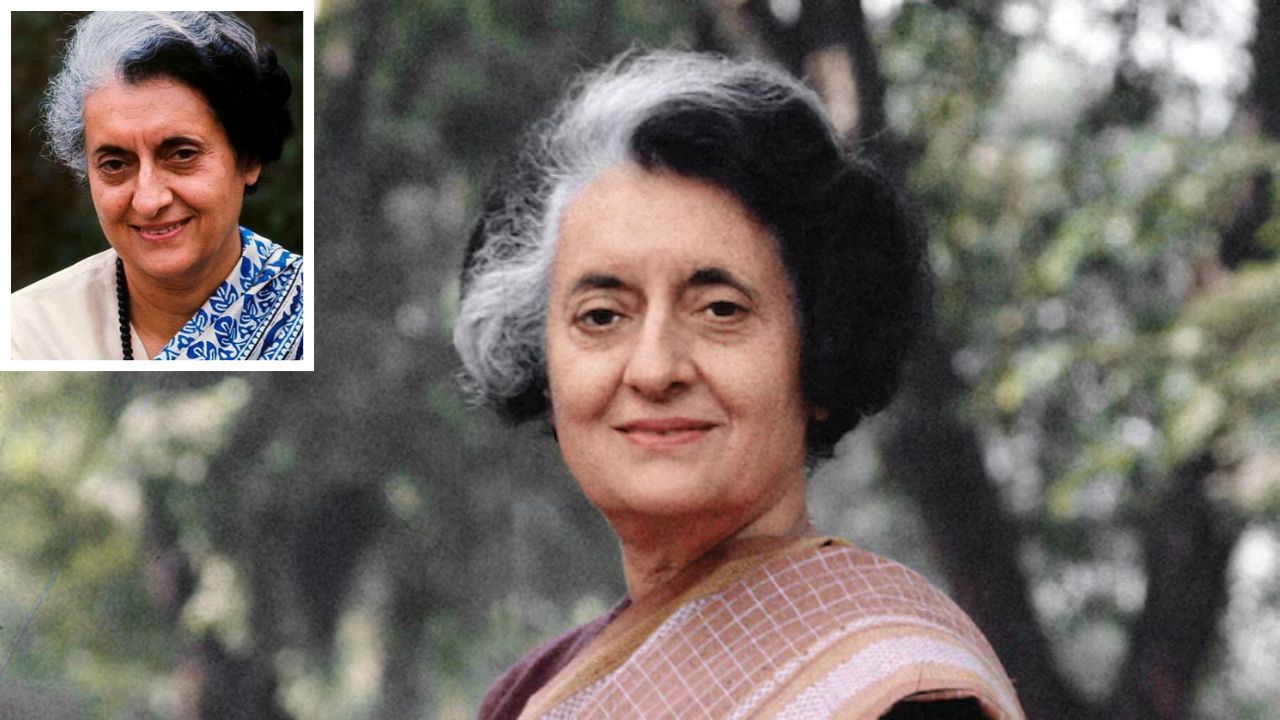 English
English

On Indira Gandhi’s death anniversary, India remembers its first and only woman Prime Minister: a leader whose courage, vision, and controversies shaped the nation’s destiny. Discover the legacy of the ‘Iron Lady of India’.

Nation pays tribute to Indira Gandhi's 41th martyrdom anniversary.
New Delhi: As India observes the death anniversary of Indira Gandhi, the nation pays solemn tribute to one of its most iconic and powerful leaders. Known for her fierce determination, political acumen, and unwavering spirit, Indira Gandhi remains a defining figure in India’s post-independence history.
Born on November 19, 1917, in Allahabad, Indira Priyadarshini Gandhi was the only child of India’s first Prime Minister, Jawaharlal Nehru. Growing up in a politically charged environment, she witnessed India’s struggle for freedom and was deeply influenced by her father’s vision of a progressive, self-reliant nation.
PM Modi Honors Sardar Patel in Kevadia; Rahul, Sonia Remember Indira Gandhi
Her political journey formally began when she became a member of the Congress Working Committee in 1955. After Lal Bahadur Shastri’s sudden demise in 1966, Indira Gandhi took over as the Prime Minister of India, becoming the country’s first and, to date, only woman to hold the office.
Indira Gandhi’s leadership was marked by bold decisions that shaped India’s political and economic landscape. Her tenure saw India asserting itself as a strong, independent nation on the global stage.
One of her most defining moments came during the 1971 India-Pakistan War, which led to the creation of Bangladesh. Her firm leadership and strategic decisions during the conflict earned her immense respect worldwide and solidified her image as a decisive leader.
Under her guidance, India also took significant strides in agriculture through the Green Revolution, ensuring food self-sufficiency. Her slogan “Garibi Hatao” (Eradicate Poverty) reflected her focus on empowering the poor and marginalized sections of society.
However, Indira Gandhi’s tenure was not without controversy. In 1975, following a court ruling that questioned her election, she declared a National Emergency. During this 21-month period, civil liberties were curtailed, opposition leaders were jailed, and press freedom was restricted.
The Emergency remains one of the most debated chapters in India’s political history. While critics viewed it as an attack on democracy, her supporters argued it was a necessary step to maintain national stability during a turbulent time.
On October 31, 1984, Indira Gandhi was tragically assassinated by her own security guards at her residence in New Delhi, following Operation Blue Star: a military operation ordered to remove militants from the Golden Temple in Amritsar. Her death triggered widespread riots, marking one of the darkest chapters in India’s modern history.
Bihar Polls: PM Modi roars in Muzaffarpur; Targets Rahul Gandhi over ‘dance’ remarks
Despite the controversies, Indira Gandhi’s legacy continues to endure. She is remembered as a leader who combined charisma with courage, empathy with authority, and nationalism with progress. Her ability to make tough decisions in times of crisis earned her the title of “Iron Lady of India.”
Decades after her death, Indira Gandhi’s impact on Indian politics remains profound. Her life continues to inspire women in leadership and politics, symbolizing strength, resilience, and conviction.
As the nation remembers her today, Indira Gandhi stands immortalized not just as a Prime Minister, but as a woman who changed the course of India’s history with her courage and determination.
No related posts found.